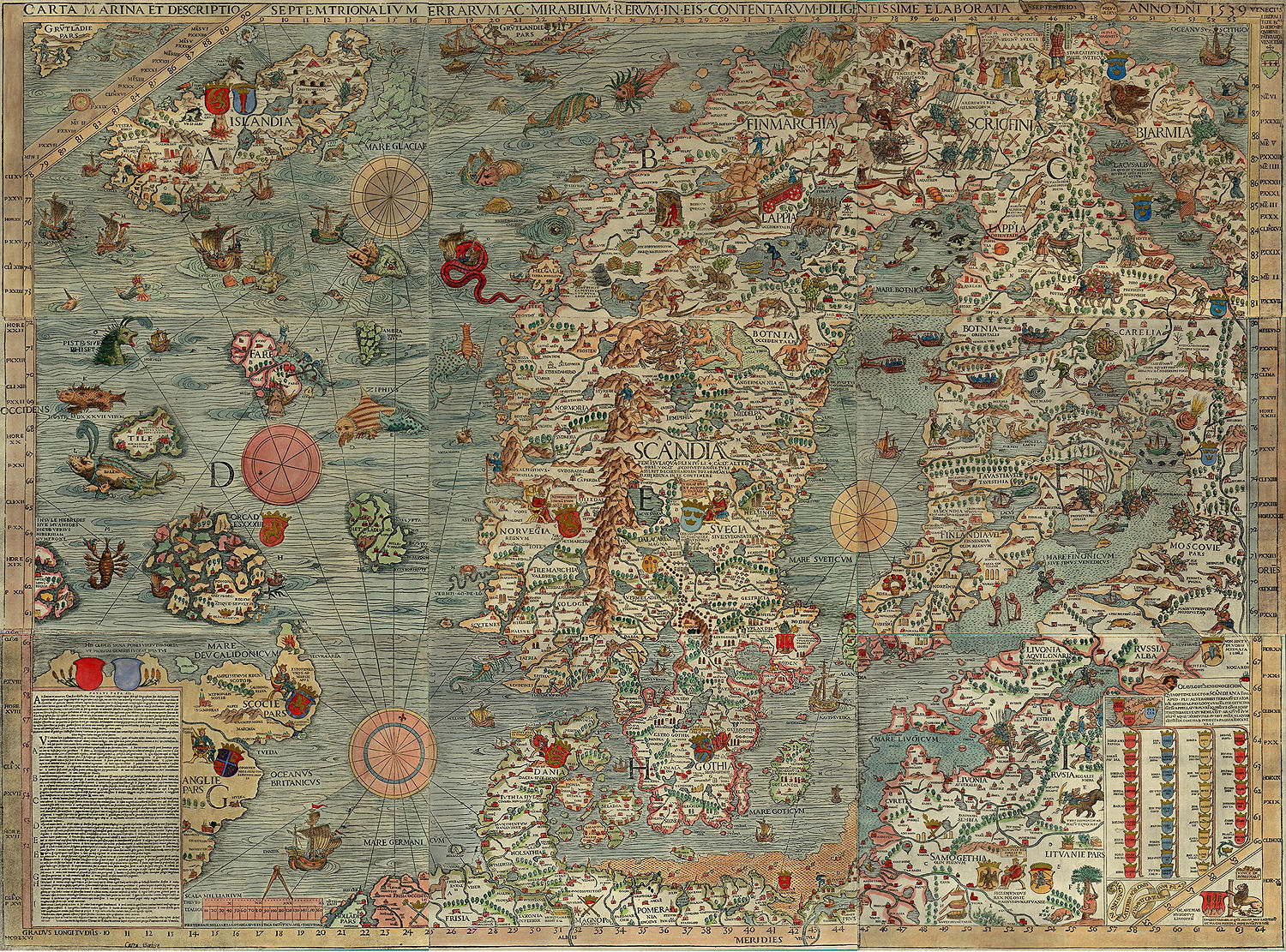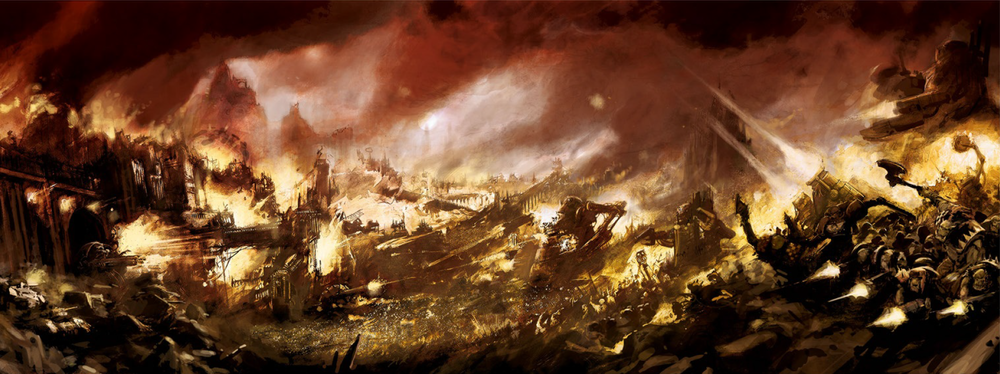Looking into the ancient history of Earth, into climate history and geology in particular, we bump into a series of catastrophic events that happened at different moments and that lead to different kinds of massive life extinctions. Some more dramatic than others. End of the World narratives and eschatology topics – we used to speculate about in theology and myths – are now science.
The most famous and for sure one of the most dramatic mass extinction was the one that wiped out the dinosaurs around 63 millions years ago and open the way for mammal domination… Even worse is another around 250 millions years ago which preceded the era of the Dinosaurs. At the time Earth has one supercontinent and it was just starting to split and drift. And at vaguely the same time, planet Mars – which had water and probably oceans – and which resembles Earth in many way being of almost the same size and just a little further from the Sun- was hit by powerful explosions and turned into what it is today.
From the much shorter perspective of (our) human history, it can be interesting to look for traces of extinctions our ancestors have experienced… global violent events that are part of our history and pre-prehistory… events that left traces in our environment and in our memories, shaping our myths and our beliefs. What are the events our humanity remembers? What are the events that influenced the expansion of homo sapiens during the last 50.000 to 100.000 years?… If we start from our present in 2015, how far can we go back?
We could start by looking at what our myths tell us about global extinctions.
The biggest of those myths in (western) civilization relies on Greek and Jewish texts. It is the Great Flood. In the Bible we learn about it through the story of Noah, where the authors clearly state that God rose the water level of the sea to kill everyone on Earth… to force a new beginning because humans were bad… It is described as a massive reset after a World Wide Genocide that killed everyone and every living thing… all the animals… In the Greek version of the myth, the only survivors are a couple – Ducalion and Pyra – who start repopulating the Earth from scratch throwing stones behind them as they walked… stones that transformed into men… A very primitive narrative… In Mesopotamia, the much more interesting story of Gilgamesh tells about a Great Flood. (It was alleged this story inspired many other accounts of extinction by water in the ancient Middle-East.)
The only source we have about the story of Atlantis are 2 books by Plato (Critias and Timeous). Plato reports he was told this story by Solon, a greek who himself got it from an Egyptian priest in the city of Saïs (in the Nile delta). Comparing to Egypt, Greece was very new and amnesiac. Egypt had a much longer memory of its past. The story says that very dramatic things happen on Earth around 9600 BCE. About 12000 years ago. The priest also adds that dramatic things (global natural disasters) happened many times in the past. And that these “mass extinctions” were different in nature… by fire or by water… burning or drowning people… making temperatures rise too high or drop too low.
In the case of Atlantis, it resulted in the instant destruction of a powerful sea fearer Empire that had its base – its main city – off the American continent, probably in the Gulf of Mexico not far from Cuba. (Of course the text is not reliable. It might have been distorted with time.) The continent in their back (America) is said to be huge. He says like Europe and Africa together. He says they did not live on it, but only used or colonized it. After the catastrophic event Atlantis and the continent were lost.
One must assume that the continent was not lost, only the technology to get there was lost… After the global extinction, the new humanity lost the technology to cross the Atlantic… There was a sudden global drop in knowledge and technology.
In South American and also in Indian culture, we see the memory of history cycles, separated from each other by great destruction… Indian (Vedic) scriptures carry probably the oldest unbroken thread of human memory in the World.
It is remarkable that the Flood myth is found alive in all cultures on all continents, in one form or another. This fact suggests the “Great Flood” was the last extinction our humanity remembers. The last global extinction. The memory of the one preceding it are very hard to trace… since we are dealing with a near global reset every time.
If the extinction is huge – like for the dinosaurs – nothing is left… unless a civilization can build a spaceship or some kind of super shelter!… If an extinction is global and dramatic but not extreme, some people would survive and repopulate. Humanity would continue to exist, but for sure, such a dramatic event would be followed by a gigantic technology reset… a cultural wipe out of almost everything!
Even a “limited” extinction – one that is not global – would affect humanity dramatically and produce a regression into “dark ages” for thousands of years… What we need is a scale – like we have for earthquakes – to systematically record the nature and the intensity of every extinction event we are able to trace in our past.
Archeology is very poor for our problem because the only things that can survive 10.000 years are stones (and fossiles in the stones when the conditions are favorable) everything else goes away relatively fast. If humanity was wiped out today, most of what we see would vanish, only stones would remain.
And unfortunately as humans start again and repopulate they don’t do museums… They immediately destroy and re-cycle what they find on their way… They systematically spoil every “archeological evidence.”
This new field of “ante-dilluvial historical investigation” is full of intimidating challenges and numerous frustrations. Because we are left with so tinny hints to work from. Bits of climatology, geology, archeology, mythology, anthropology… So coming up with a narrative or something we could call “history” is almost impossible. With so tinny elements “historiography” is set to fail more than ever… We cannot expect a classic narrative like we are used for ancient civilisations. Antiquity already before 500 BCE is hard to figure out… and has a lot of in common with science fiction… because there are too many blanks… So either we keep the blanks and the viewer can always speculate (presenting the artifacts like dots on a minimalistic background, a bit like contemporary art)… Either we fill the blanks and imagine a narrative. A highly speculative narrative similar to science fiction.
A reasonable starting point would be to try to (1) confirm the Great Flood as the latest major extinction… The last big trauma… and then (2) attempt a sketch or a vague picture of the world right before this event…
Climate history (hard science) tells us the planet was highly unstable for a long time… and became more and more stable in different stages… suddenly very stable around 10,000 BCE. The writer Graham Hancock wrote many books speculating about these issues. He argues for a Great Flood that took place around that period. (Even maybe more than one flood, at a couple of thousand years of each other.)

Since then, we know of others minor extinction – less radical or less global – resulting in turmoils, wars and movements of population.
From this zoomed out perspective on history, taking big cycles into account, we must contemplate different “humanities” separated by extinctions, instead of a linear account of “progress”. This perspective makes it easier to make sense of many things. (1) The strange resemblance of things between South American and Egyptian architecture. (2) The theories alleging all human beings alive today originated from a small group like an Adam and Eve – a bottle neck population. (3) Same thing about most languages on Earth originating from one root. (4) How small remote islands came to be populated. (We know people do not move when they are not forced to. They usually move to escape wars, famines, persecutions. They follow the food, the resources, the money.)
When speculating about what humanity was like on the eve of the Great Flood, we can safely say the American continent was known by the people of the Mediterranean and it was possible to navigate all around the world. This knowledge was lost after some sort of catastrophic event around 10,000 BCE. A dramatic event that might have resembled the Great Flood.
From recent discoveries in Turkey at Gobekli Tepe (dated around 12.000 BC) and from what we know of life in North America before Columbus, we can say that hunter gatherers were not just that… Most of them applied different forms to agriculture and forest management. They also had religions, rituals, sacred places and temples. Probably big gathering to mark the passing of seasons, where they exchange all sorts of goods, and people (genes) as well… And so it seems the temple preceded the city… Actual cities with their walls and concentration of power – came later.
Our view of the World in general has been growing exponentially since the Renaissance, for about 500 years. And just in that time span we did a lot. We went to space… It is therefore very tempting to speculate we might have gone through very strange episodes during our very long and very mysterious past – of which we remember almost nothing.
Some big lines in our history are pretty solid but they are very rare. Most of what we call history is a collage of fictions. Myths upon myths. How many episodes of population growth and fast technological advance did we go through? Believing we are the first humans to do so is ridiculous and irrational. It must have happened in the past. But how far in the past? And how far did we go already? Did our ancestor – at some point in our distant past – go to Space? This should be considered, because it is not impossible.
Are we allowed to investigate and speculate about the science and technology of ancient civilizations? What name shall we call the study of global catastrophic event and the research around past humanity cycles? Sooner or later we will have to make some room for this in our academic world. We need a respectable name for it, other than pseudo-science.

